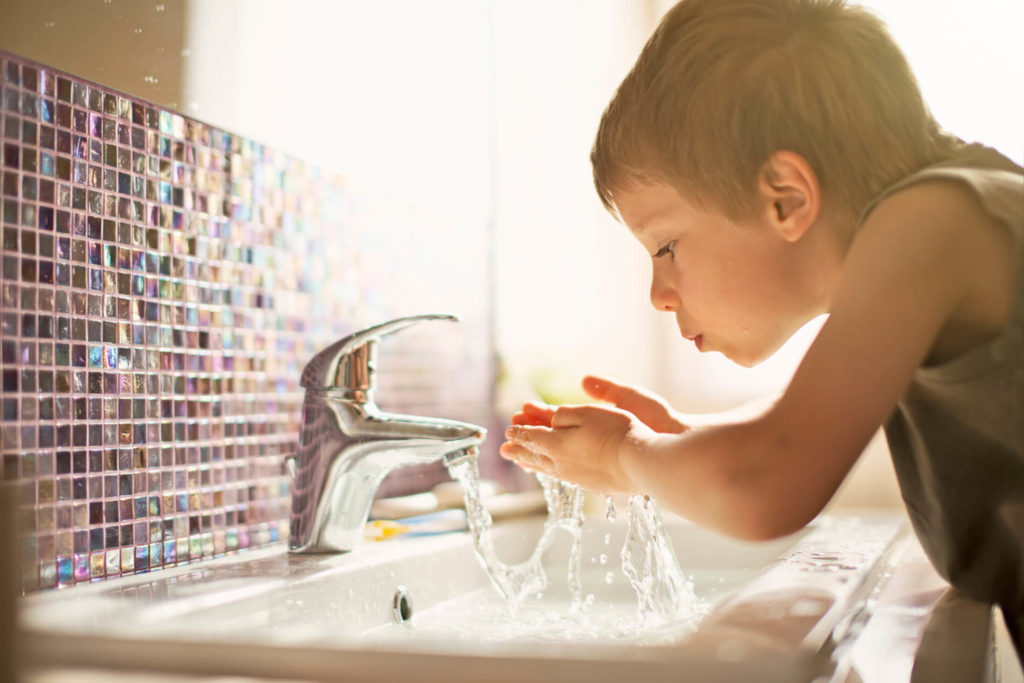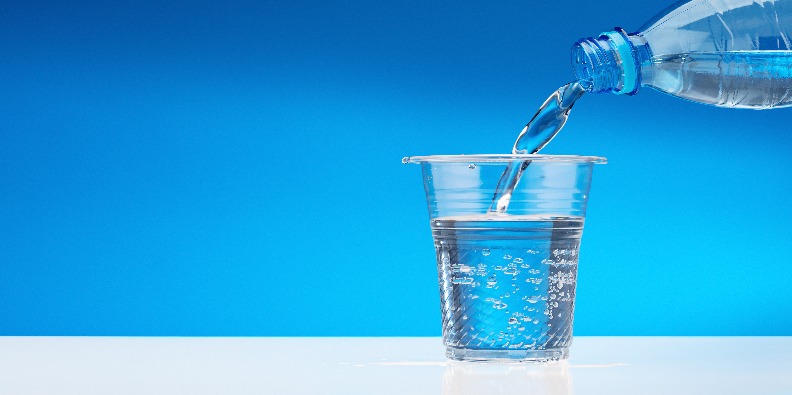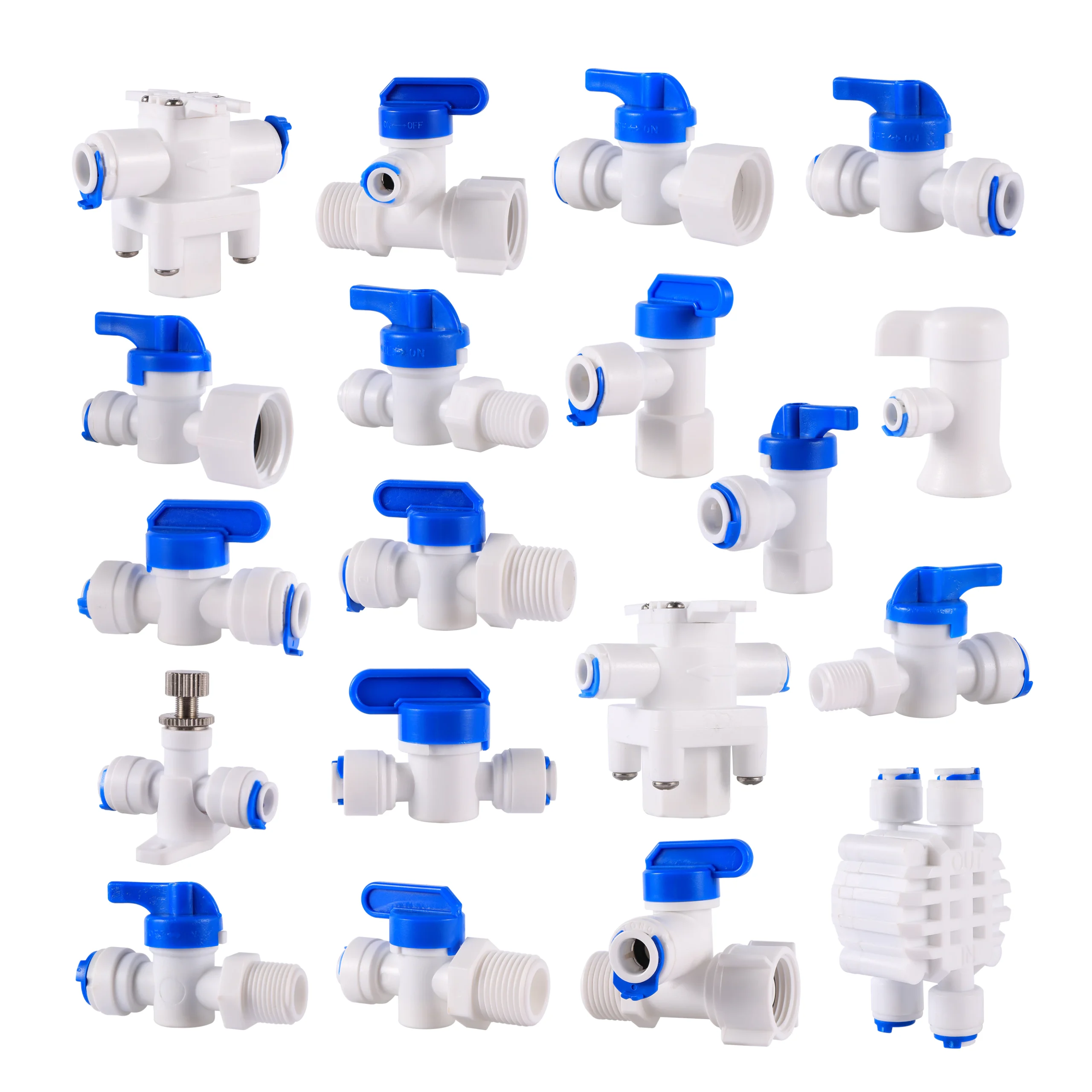Water, Depression and Anxiety
Can drinking plenty of water relieve depression and anxiety?
Various approaches can be taken to help manage mental health issues such as depression, anxiety, and PTSD. Common approaches to managing mental health include: counseling, medications, removing stress factors from your life, exercising constantly, getting enough sleep, proper nutrition, meditation, yoga, etc. The list continues.
There is a remedy that you have been in front of from the beginning and you haven’t yet understood: To help your depression and / or anxiety by staying hydrated enough throughout the day.
Every system in the human body relies on water to function, and the brain is no exception. In fact, about 75 percent of brain tissue is water. Research has linked dehydration to depression and anxiety because mental health is primarily driven by the activity of your brain. Long story short, dehydration causes brain functions to slow down and not work properly. It’s important to think of water as a nutrient your brain needs.
How does dehydration contribute to depression?
Depression is a complex mental illness with many interfunctional moving parts between your brain and body. While it is extremely simple to say that dehydration is a direct cause for all types of depression, dehydration and depression are causally linked in many ways; In fact, it turns out that an emerging symptom of chronic dehydration is actually depression.
Dehydration causes depression in at least three ways:
It De-Energizes Your Brain. Dehydration interferes with energy production in your brain. Many of your brain’s functions require this type of energy to be inefficient and may even shut down.
Anxiety, fear, insecurity, ongoing emotional problems, etc., including depression. Such social stresses can be attributed to not consuming enough water to the point where your brain tissue is affected.

Dehydration blocks your brain’s production of serotonin. Depression is often associated with lower levels of serotonin, a critical neurotransmitter that greatly affects your mood. Serotonin is produced from the amino acid tryptophan, but sufficient water is needed.
Dehydration can also negatively affect other amino acids, causing feelings of resentment, inadequacy, anxiety, and irritability.
Dehydration increases the stress in your body. Stress is one of the most important contributing factors to depression, along with a feeling of weakness and a feeling of inability to cope with stressors.
Dehydration is the number one cause of stress in your body. In fact, this is a self-sustaining cycle: dehydration can cause stress, and stress can cause dehydration. When you are stressed, your adrenal glands produce extra cortisol, the stress hormone, and under chronic stress your adrenal glands can be depleted and cause lower electrolyte levels.
Drinking enough water can help reduce the negative psychological and physiological effects of stress.
Dehydration and anxiety
As with depression, dehydration on its own rarely causes anxiety, but not drinking enough water puts you at risk for increasing anxiety symptoms now and possibly developing higher anxiety levels in the future. In short, thirst causes stress, and when your body is stressed, you experience depression and anxiety as a result. Therefore, you want to make sure you drink properly every day, especially if you are naturally prone to anxiety.
Water has been shown to have natural calming properties, possibly as a result of addressing the effects of dehydration on the body and brain. Drinking enough water is an important step in managing your anxiety. Even if you are not experiencing anxiety, drinking enough water can create a feeling of relaxation.

Dehydration and panic attacks
Panic attacks are a common result of high anxiety caused by dehydration. Panic attacks typically have physical triggers, one of which is dehydration. When dehydration occurs, if you are prone to panic attacks, you can easily begin to panic, even to the point of feeling like you are dying.
When you are dehydrated, you experience most of the symptoms that trigger panic attacks, such as:
- Increased heart rate
- Headache
- Muscle fatigue and weakness
- Feeling faint / dizzy
Keeping yourself hydrated may not stop panic attacks, it may become less frequent, or at least some of the triggers may decrease.
How do you know if you are dehydrated?
Some signs of dehydration are pretty obvious, but not all. Symptoms of dehydration that you may or may not be aware of include:
- Increased hunger. The signals of hunger and thirst come from the same part of the brain, so it is not surprising to get confused. Hunger means that even if you know you are eating enough, you should probably drink some water, not eat more.
- Dryness. Dehydration is reflected in common dryness symptoms such as dry, itchy skin, dry mouth, chapped lips.
- Headache. Lack of water causes decreased oxygen supply to the brain, causing headaches.
- Fatigue and weak / cramped muscles. Muscle weakness, spasms, cramps, etc. Common signs of dehydration.
- Bad breath. Bad breath usually means you need some water to refresh yourself. Dehydration causes dry mouth, which means you can’t produce enough saliva to help your mouth fight smelly bacteria.
- Rapid heartbeat, rapid / shallow breathing, fever, blurred thinking. These could be signs of severe dehydration and you may need medical attention.
How much water should you drink every day?
Your personal ideal daily water intake depends on gender, stress level, weight, climate, exercise levels, whether or not you are sick etc. But a practical rule of thumb is 11.5 cups (92 oz.) Of water per day for women, and 15.5 cups (124) for men. self.). If you have trouble drinking plain water, try squeezing lemon or lemon juice. Avoid drinks that contain sodium as much as possible, as sodium dehydrates you: soda / diet soda, energy drinks, etc.
If one or more of the following apply to your situation, you should increase your fluid intake accordingly:
- Attending long, intense training sessions
- Diseases with fever, diarrhea and vomiting
- Hot or humid climate
- Pregnant / nursing mothers
- Chronic health conditions
- Diet
You can verify how much water you drink based on the color of your urine. If you have enough water, your urine will be very light / pale yellow in color. If you are dehydrated, your urine will become dark yellow or tan colored. If it is dark yellow in color and thick, that means you are very dehydrated. Drink some water!


 Yedek Parçalar
Yedek Parçalar